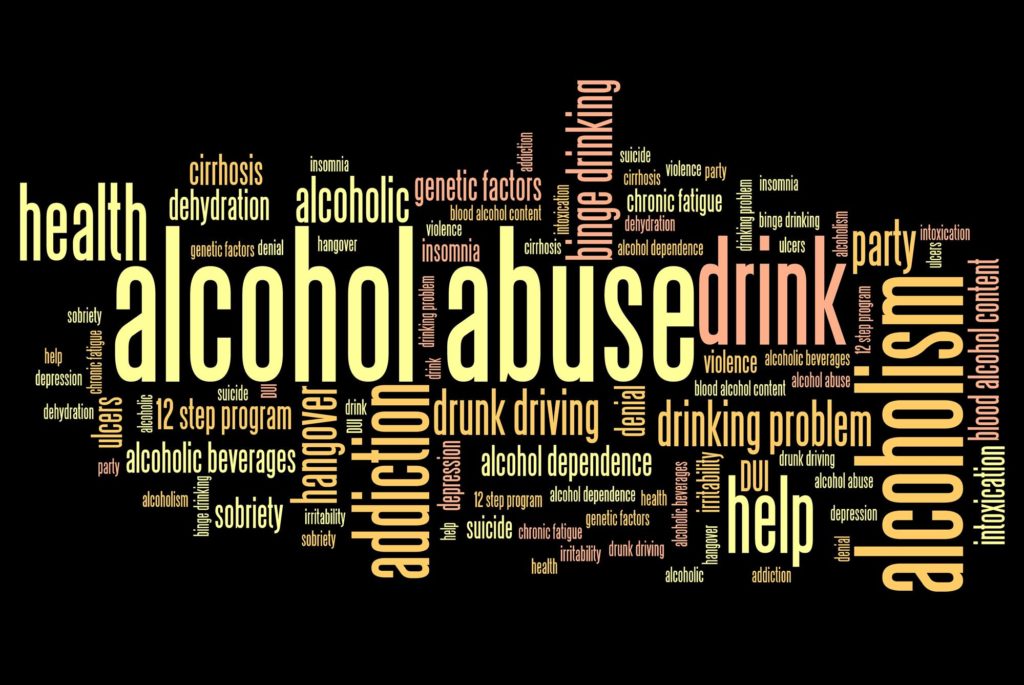What Are the Symptoms of Alcoholism?
The symptoms of alcoholism can and do vary, from one person to another, largely based upon the stage of the addiction and type of alcohol abuse they have developed. It is important to keep in mind, at each stage of alcoholism, many of the symptoms of alcoholics are often similar, while the driving factors behind alcoholics’ behaviors can be different.
One type of alcoholism common in teenagers and young adults is binge drinking. Binge drinkers consume large amounts of alcohol in a short period of time. Part of the reason this is an issue in this age group is because most teens and young adults might not be of legal age, so, when alcohol is available, they consume as much of it as possible. Aside from vomiting and hangovers, typical symptoms are not being able to stop yourself, once you start drinking, and experiencing blackouts.
Binge drinking is not the only form of alcoholism. Other common ones include:
• Consuming alcoholic beverages while operating a motor vehicle or boat.
• Consuming varying amounts of alcohol throughout the entire day.
• Drinking just enough alcohol to maintain a constant “buzzed” feeling.
• Having a desire to consume alcoholic beverages every day.
• Drinking alone to hide one’s drinking problem.
While many people participate in “happy hour” after a long day of work every day, this does not necessarily mean they are an alcoholic, but it does increase the risks of becoming one, as their bodies start to develop a tolerance for alcohol.
People who are addicted to alcohol find they have to consume larger quantities to experience the same effects, as their body develops a tolerance to this drug, which can be a symptom. If you notice a friend or loved one, or even yourself, drinking an excessive amount each day, this often indicates you have built up a tolerance and could be in the early to moderate levels of alcoholism.
 Another symptom is participating in risky or dangerous behaviors you would not if you were sober. One of the more common behaviors is engaging in unprotected sex with one or more partners. Some alcoholics will also pick fights, for no reason, or even cause arguments just to get into a fight.
Another symptom is participating in risky or dangerous behaviors you would not if you were sober. One of the more common behaviors is engaging in unprotected sex with one or more partners. Some alcoholics will also pick fights, for no reason, or even cause arguments just to get into a fight.
As alcohol becomes the focal point for an alcoholic, it has impacts on their personal relationships, work, school, and family life. If you find alcohol more important than going to work or school or spending time with friends and family, this is another symptom of alcoholism.
Aside from the symptoms mentioned above, there are several other mental, behavioral, and physical symptoms of alcoholism. Typically, any noticeable and ongoing changes in behavior or physical abilities indicate an underlying problem. For the alcoholic, mental issues can result in sleeplessness, problems concentrating, and feelings of guilt, anxiety, or depression.
Overcoming alcoholism starts by admitting you have a problem and a desire to seek help from a qualified and experienced alcohol treatment center, like Yellowstone Recovery. Contact us at (888) 941-9048 now, for more information and details about our affordable alcohol rehab programs.
- Treatment Options
- Program Curriculum
- Program Services








